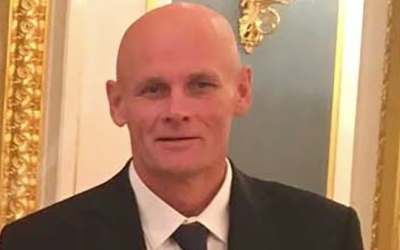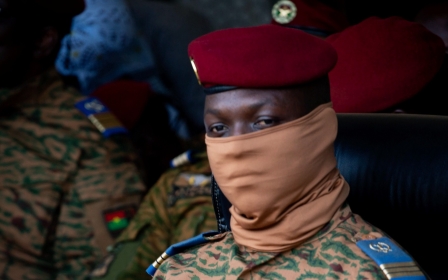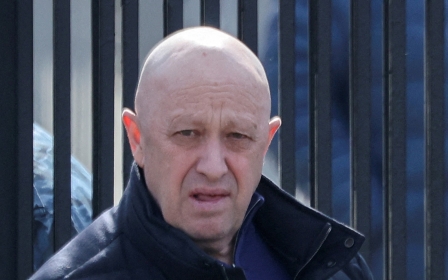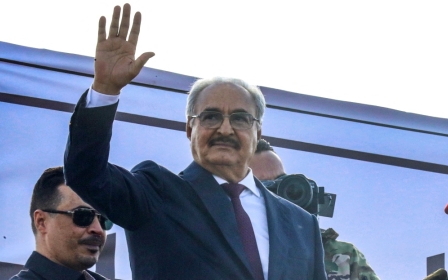Wagner: UK to declare Russian mercenary group a 'terrorist' organisation
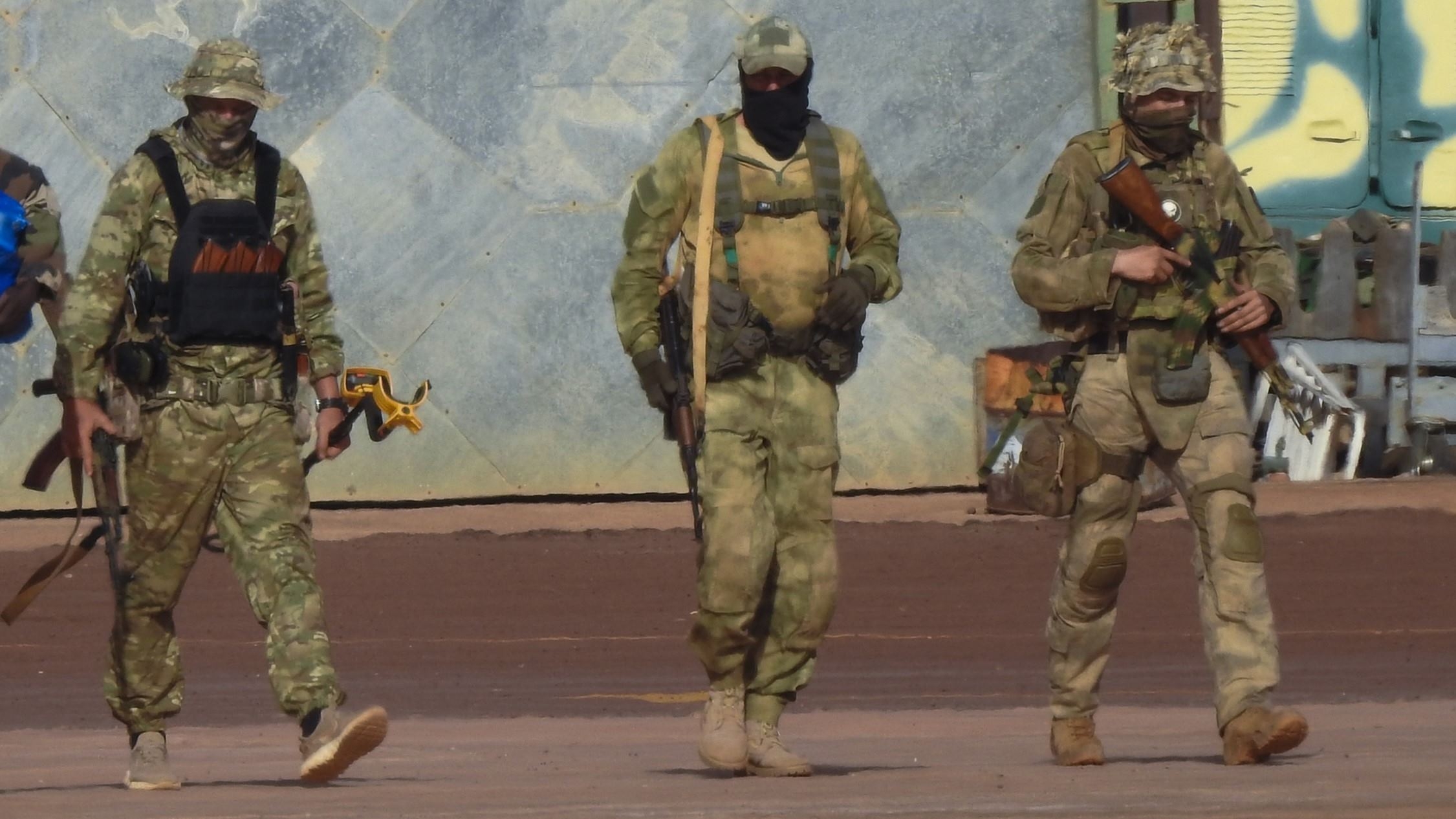
The British government has submitted a draft order proscribing Russia's mercenary Wagner Group as a terrorist organisation.
Announced on Wednesday by the British Home Secretary Suella Braverman, the move would make it illegal to be a member or supporter of the armed group and use its logo.
The proscription order, which is made possible under existing anti-terrorism legislation, also gives the government the power to seize property and assets determined to be associated with the group.
Violating the order could lead to fines and prison sentences of up to 14 years.
"They are terrorists, plain and simple," Braverman said in a statement published on Wednesday. "Wagner has been involved in looting, torture and barbarous murders. Its operations in Ukraine, the Middle East and Africa are a threat to global security."
New MEE newsletter: Jerusalem Dispatch
Sign up to get the latest insights and analysis on Israel-Palestine, alongside Turkey Unpacked and other MEE newsletters
Wagner was widely seen as a proxy force loyal to Russian President Vladimir Putin, which allowed Moscow to further its interests in Syria, Libya and other parts of Africa with a layer of plausible deniability.
That was until the Russian invasion of Ukraine and Wagner's transformation into a field army fighting alongside the Russian military.
After a year of fighting in Ukraine, Wagner chief Yevgeny Prigozhin became openly critical of the Russian military's inability to provide his fighters with ammunition and supplies.
Tensions came to a head in June, when Wagner forces occupied the city of Rostov-on-Don in a short-lived mutiny.
Despite assurances that Moscow and Wagner had reconciled their differences, Prigozhin and much of Wagner's command were killed in an air crash in August widely suspected to have been orchestrated by the Kremlin.
While the group remains active, it is expected that the Kremlin will take a more hands-on approach with the organisation moving forward.
The move by Braverman adds to the UK's existing sanctions against Moscow, which include asset freezes targeting key allies of Putin, as well as restrictions on doing business with Russia.
Wagner footprint in Middle East and Africa
Wagner's existence was first recorded during the Russian annexation of Crimea from Ukraine in 2014, but the group quickly established a presence in Syria too.
During Syria's civil war, it helped train government forces and was involved in the capture of oil fields from various armed groups opposed to the Assad government, including Islamic State and the US-allied Syrian Democratic Forces.
Successful capture of those resources usually meant generous contracts for the oil and gas extracted for any one of Wagner's many shell companies, with funds funnelled back to Moscow.
The mercenary group has replicated the model in Libya, where it is allied to renegade general Khalifa Haftar, as well as in Sudan, where it is allied to General Mohamed Hamdan Dagalo, also known as Hemeti.
Both Haftar and Hemeti are vying for control of their respective countries and are in charge of paramilitaries that have been accused of human rights violations.
In the Sahel region of Africa and further south, Wagner has worked alongside local militias to set up and protect mining operations, with the resulting profits and resources channelled back to Russia.
The organisation is accused of pilfering billions of dollars worth of gold in its operations and massacring hundreds of civilians in the Central African Republic.
Middle East Eye delivers independent and unrivalled coverage and analysis of the Middle East, North Africa and beyond. To learn more about republishing this content and the associated fees, please fill out this form. More about MEE can be found here.


